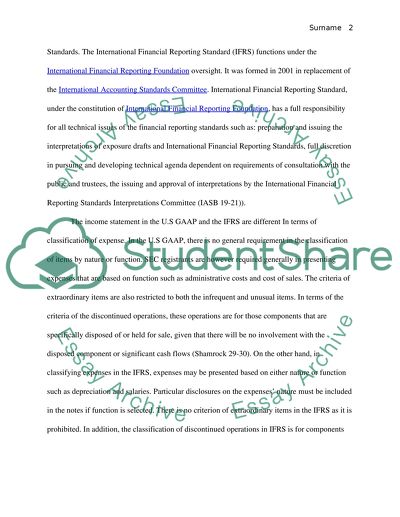Cite this document
(“Convergence between GAAP and IFRS Assignment Example | Topics and Well Written Essays - 1500 words”, n.d.)
Convergence between GAAP and IFRS Assignment Example | Topics and Well Written Essays - 1500 words. Retrieved from https://studentshare.org/finance-accounting/1490518-convergence-between-gaap-and-ifrs
Convergence between GAAP and IFRS Assignment Example | Topics and Well Written Essays - 1500 words. Retrieved from https://studentshare.org/finance-accounting/1490518-convergence-between-gaap-and-ifrs
(Convergence Between GAAP and IFRS Assignment Example | Topics and Well Written Essays - 1500 Words)
Convergence Between GAAP and IFRS Assignment Example | Topics and Well Written Essays - 1500 Words. https://studentshare.org/finance-accounting/1490518-convergence-between-gaap-and-ifrs.
Convergence Between GAAP and IFRS Assignment Example | Topics and Well Written Essays - 1500 Words. https://studentshare.org/finance-accounting/1490518-convergence-between-gaap-and-ifrs.
“Convergence Between GAAP and IFRS Assignment Example | Topics and Well Written Essays - 1500 Words”, n.d. https://studentshare.org/finance-accounting/1490518-convergence-between-gaap-and-ifrs.


